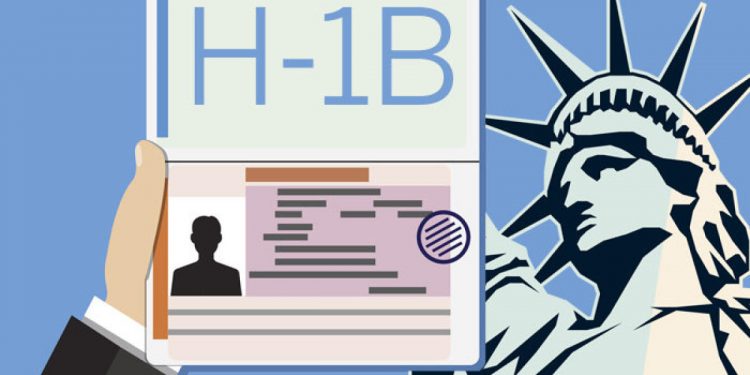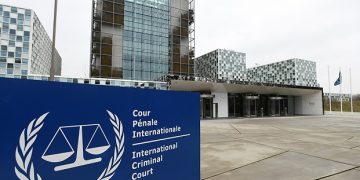New Delhi: The United States has told India it is considering caps on H-1B work visas for nations that force foreign companies to store data locally, three sources with knowledge of the matter told Reuters, widening the two countries’ row over tariffs and trade.
The plan to restrict the popular H-1B visa programme, under which skilled foreign workers are brought to the United States each year, comes days ahead of US Secretary of State Mike Pompeo’s visit to New Delhi.
India, which has upset companies such as Mastercard and irked the US government with stringent new rules on data storage, is the largest recipient of these temporary visas, most of them to workers at big Indian technology firms.
The warning comes as trade tensions between the United States and India have resulted in tit-for-tat tariff actions in recent weeks. From Sunday, India imposed higher tariffs on some US goods, days after Washington withdrew a key trade privilege for New Delhi.
Two senior Indian government officials said Wednesday they were briefed last week on a US government plan to cap H-1B visas issued each year to Indians at between 10% and 15% of the annual quota. There is no current country-specific limit on the 85,000 H-1B work visas granted each year, and an estimated 70% go to Indians.
Both officials said they were told the plan was linked to the global push for “data localisation”, in which a country places restrictions on data as a way to gain better control over it and potentially curb the power of international companies. US firms have lobbied hard against data localisation rules around the world.
A Washington-based industry source aware of India-US negotiations also said the United States was deliberating capping the number of H-1B visas in response to global data storage rules. The move, however, was not solely targeted at India, the source said.
“The proposal is that any country that does data localisation, then it (H-1B visas) would be limited to about 15% of the quota. It’s being discussed internally in the US government,” the person said.
A spokeswoman for the US Trade Representative’s office (USTR) referred questions to the State Department, which did not immediately respond to a request for comment.
IT sector
Most affected by any such caps would be India’s more than $150 billion IT sector, including Tata Consultancy Services (TCS) and Infosys Ltd, which uses H-1B visas to fly engineers and developers to service clients in the United States, its biggest market. Major Silicon Valley tech companies also hire workers using the visas.
Shares in Indian IT firms fell in early trade Thursday after the Reuters story. Wipro Ltd fell around 4%, while Infosys and TCS fell more than 2% each. The broader Nifty IT index’s 1.8% fall was its biggest intraday percentage decline in over five weeks.
Stratfor analyst Reva Goujon on Twitter called the move “potentially another big blow to the U.S. tech industry amid US-China economic battle,” a sentiment echoed on social media by some Indians and their supporters.
The Indian Ministry of External Affairs has sought an “urgent response” from officials on how such a move by the United States could affect India, said one of the two government officials, who declined to be named due to the sensitivity of the matter.
Since last year, the Trump administration has been upset that US companies such as Mastercard and Visa suffer due to regulations in several countries that it says are protectionist and increasingly require companies to store more data locally.
Reuters







































